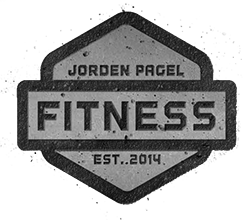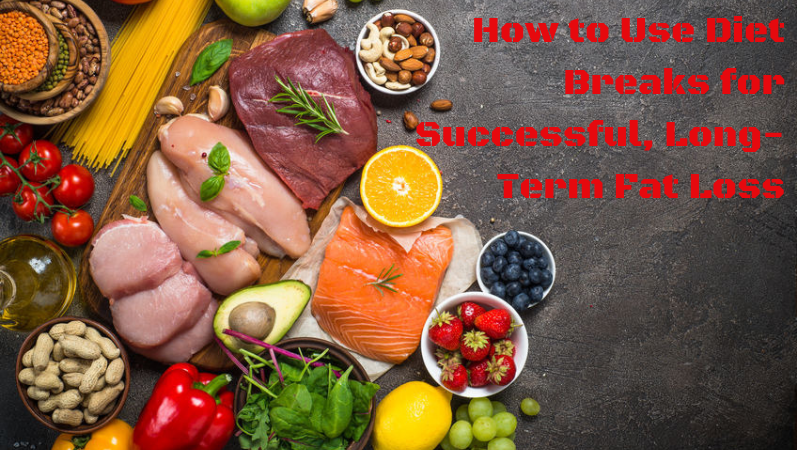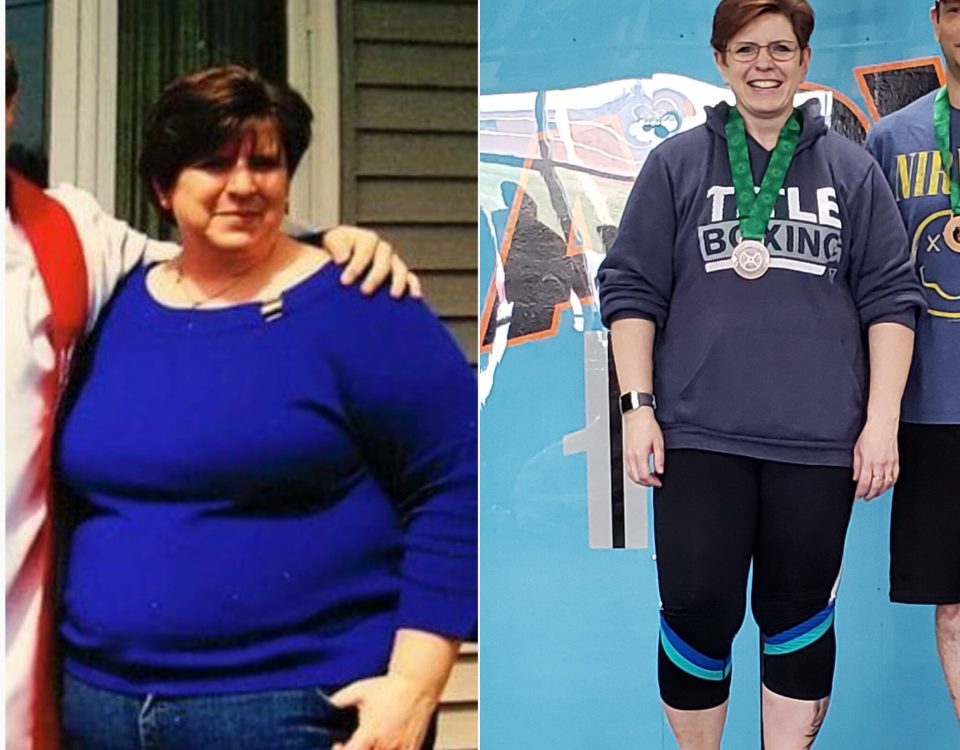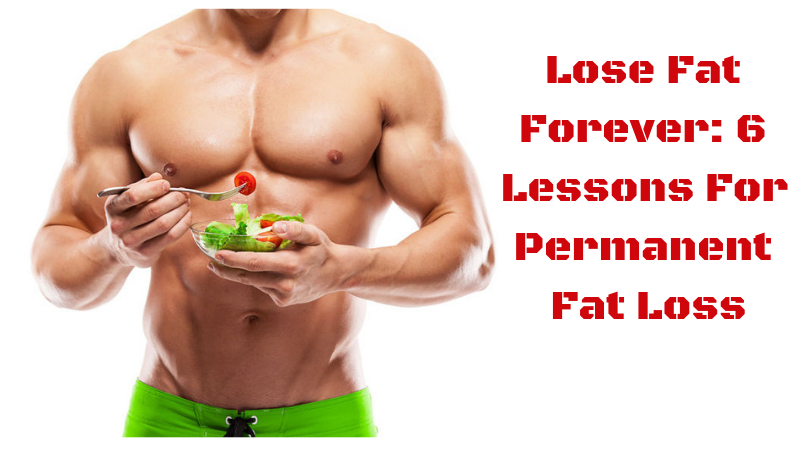Dieting Lessons You Need to Learn
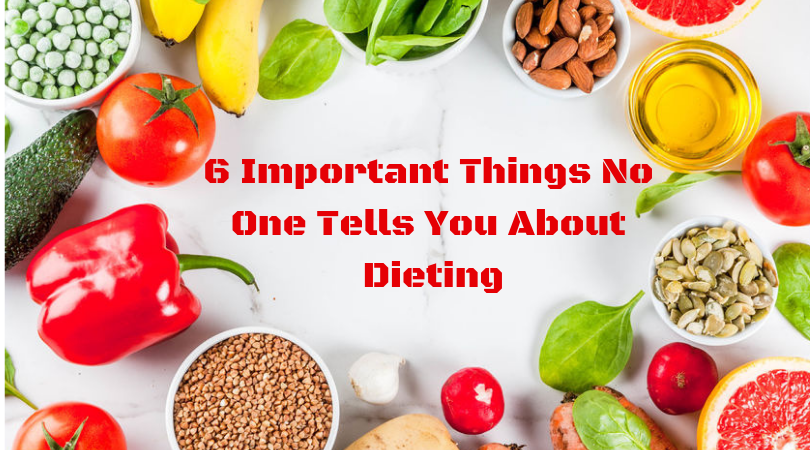
Dieting teaches you a lot of things.
It teaches you about controlling portion intake and moderation.
It teaches you about dealing with hunger, and how to manage it.
It teaches you which foods you need to prioritize if you want to see the best results.
It teaches which treats you would do questionable acts for, just to get a taste of.
Last year I embarked on the strictest diet I’ve done. Not “contest prep” strict (that’s this year’s challenge), but fairly close. I was preparing for a photoshoot and wanted to get leaner than I had ever been in my entire life. I wanted to push myself physically and mentally further than I ever had before; not only to experience it, but also make myself better in the  process.
process.
I had a coach I knew could get me there. But I wasn’t sure if I could get myself there.
In the past when it came to dieting, I’ve always been kind of an asshole. Granted, I lost over 80 pounds, so I knew a thing or two about how to lose a pound or two, but I would always get to a certain point in the diet where “life” would come up and I’d relax too much with my nutrition, or I’d just get into the mindset of “Eh, I’m good where I’m at. I don’t really need to get any leaner.”
I knew this was a mindset of mediocrity I needed to break if I wanted to get to the next level.
When I decided to start this, I was just coming off a three-month mass gaining phase, a break-up, trips to Vegas, Mexico, and New York – basically a period of time where nutrition had taken a back seat.
Actually, at that point, it was probably riding in the trunk.
I knew taking back control of my nutrition and body was going to help bring back control and stability into my life as well. So I committed. I committed to making this damn thing happen more than I ever committed to a diet in my life.
It was tough.
It was miserable at times.
It was fun at times.
In those four months, I lost approximately 20 pounds and got leaner than I have ever been in my entire life.
And here are 6 dieting lessons learned in the process…

You’re going to be hungry. Deal with it.
Hunger is a natural part of dieting. And the longer you diet – and the larger your deficit becomes – the more hunger you’re going to experience. It’s inevitable. But you have to deal with it. You have to accept it’s a natural, unavoidable part of the process.
Hunger is not an emergency. Just because you’re hungry doesn’t mean you have to eat. Living with hunger teaches you discipline and mental toughness. If soldiers can go days without food in the midst of battle, you can make it a few hours before bed without a snack.
That said…
If you’re constantly hungry, you’re doing something wrong.
I’m approximately 215-220 pounds, 5’11”, 15-ish% body fat when not dieting. My total daily energy expenditure is around 2,700 – 3,000 calories a day. At my lowest towards the end of my diet, I was eating about 1,500-1,600 calories per day. Nearly a 50% drop.
Now, granted, my metabolism adapted and dropped as my weight and activity dropped as well, but for someone my size, that is a large deficit. And yet, I rarely ever felt “hangry.”
Sure, I had hunger – like if I woke up and hadn’t eaten for several hours, or just prior to a meal. But rarely, if ever, did I deal with constant or uncontrollable hunger.
Why? How?
- I had leafy, green, high-fiber veggies at every meal (dinner nearly every night for the final two months consisted of a entire bag of broccoli slaw).
- Nearly 80% of my protein came from whole, animal sources (ground turkey, ground beef, chicken breast, eggs, egg whites).
- My carbs were almost completely made up of oats, greek yogurt, rice, and starchy veggies. No bread. No pasta…basically, no “garbage macros,” with the exception of a small serving of Enlightened ice cream each night.
- I was drinking at minimum a gallon of water every day; closer to two and a half towards the end.
This really opened my eyes, especially the final few weeks. While I was certainly hungrier than normal, it was nothing to the 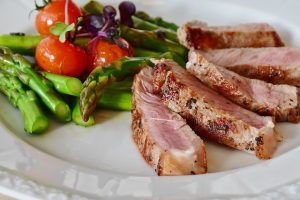 effect of “Errrrmaaaagaaaaaahhhhhdddd, I’m sooooooo hungry!!!!!!!!”
effect of “Errrrmaaaagaaaaaahhhhhdddd, I’m sooooooo hungry!!!!!!!!”
Reality is, if that’s the kind of hunger you’re experiencing regularly – and you’re not at an unhealthy calorie level – you’re probably doing something wrong. You’re probably not eating enough veggies, not eating enough high-quality protein, eat subpar carb sources, not drinking enough water, or likely, a combination of all four.
You may not want to eat more veggies or drink more water, but nine times out of ten, that’s going to solve your hunger problem. The tenth time, as we talked about above, you just have to deal with.
You are going to want to do questionable acts for food you don’t normally eat.
When it comes to strict dieting, the cravings are real. These were waaaaay worse than any hunger I experienced.
I had cravings for things I never, ever eat – Oreos, chocolate bars, those Hostess brownies, and of all things, protein bars. And this was alongside my normal, daily cravings for cookies, donuts, and ice cream.
It was bad.
So how did I combat this?
- I didn’t keep things in my apartment I knew I’d have a hard time controlling myself around. I’m a snacker by nature, and could easily put away an extra 2,000 per day just grabbing something every time I walked through the kitchen; be it cookies or nuts or candy…so I didn’t keep this stuff in my house. In fact, there was almost nothing that I could “easily” snack on. All my food had to be made or prepped in some way, so I couldn’t just mindlessly eat.
- I worked something that replicated these cravings into my macros every day. As you can tell, I have a big sweet tooth, so that’s where my weakness lies. To replicate this, I’d eat something every day that made it seem like I was eating sweets: oatmeal or Greek yogurt flavored with sugar-free pudding, a protein bar, or my small serving of low-calorie ice cream at night. All of these things helped quell my sweet tooth while also fitting my macros.
- I kept myself out of situations that tempted me. A big part of this was not being home as much as I could because when I am, I tend to eat, even when I’m working. So I worked elsewhere, and went for a lot of walks. Other things included not going out to eat or drink with family or friends, or putting myself in social situations where I knew I’d be exposed to my weaknesses. I just stayed home. May sound sucky or miserable, but when you have a goal and a deadline, these are the types of things you have to do sometimes.
- I just wanted it more. Sure, the above tactics helped make things easier, but that doesn’t mean I wasn’t still tempted. I could easily put down two tubs of greek yogurt and want more. I still went to my favorite coffee shops, where they serve great cookies, donuts, and other treats.
At a certain point, you just have to make the decision that your goals mean more than that cookie or donut or whatever. And this is where a lot of people either misunderstand or refuse to accept that what you eat is absolutely 100% in your control. It’s your decision. Every day, no matter what, I still had to make a number of these decisions – not to buy that donut or my favorite cookie, not to say “screw it” and binge on yogurt and justify it because it’s “healthy” – because ultimately, I had something I wanted to achieve.
Traveling and dieting suuuuuuuuuuuucks.
Admittedly, traveling the last month of my diet may have been what kept my great results from being amazing results.
In the last five weeks, I went to Vancouver and Atlanta for two weeks, Toronto for five days, and Madison for three days.
Now, I’ll be the first to admit, I do not do well with dieting and travel – but that’s by choice. I would much rather enjoy things I don’t normally get to, because personally, I value experience more than that week or two I set my diet back. But 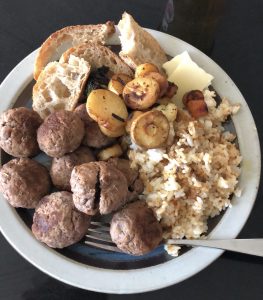 this time, I really had to dial it in more so than normal.
this time, I really had to dial it in more so than normal.
In Vancouver I still hit my macros every day (it helped I was staying with my coach and he cooked for me) but we still went out for ice cream most nights.
In Atlanta, I cooked, prepped, and nailed my macros most nights, but we still went out downtown one night, and had a cookout another, because Eric Bach and I are a dangerous combo together.
In Toronto, I fasted most of the day and didn’t drink once, but didn’t count my macros at dinner so inevitably, ended up over.
In Madison, I had the luxury of driving so I prepped my meals and just sat in my hotel room when I wasn’t attending the seminar, but still went out for sushi with a friend I hadn’t seen in over a year.
Through all those situations I managed to maintain where I was at, more or less, which for me was an improvement from previous diets. However, I know I could have dialed it in even more, been super strict, and likely came through each of those situations a bit better. But being the first instance I was actually dieting and traveling at the same time, I consider it a victory and a great learning experience of what I need to do better next time.
Because you absolutely can stick to your plan while traveling. It just takes much more conscious effort, thought, and planning to do so. And you need to know that going in.
Don’t forget about the post-diet diet.
All I could think about the entire time I was dieting was how I couldn’t wait to eat cookies and birthday cake and ice cream and burgers and…
I need to stop. I’m making myself hungry…
Anyway, all I could think about was how I couldn’t wait to eat all of the foods that didn’t fit my macros while I was dieting.
And I did eat all the foods.
And this was a mistake.
 See, just because you reach your goal doesn’t you’ve reached the finish line. When it comes to physique building, there is no finish line. When you finish one diet, you just start another one.
See, just because you reach your goal doesn’t you’ve reached the finish line. When it comes to physique building, there is no finish line. When you finish one diet, you just start another one.
Notice I didn’t say you keep diet-ing. Instead of eating a diet for the physique you want, you transition to eating a diet for the physique you have.
After a long, extended diet your body is primed for both muscle and fat gain – and which happens is highly dependant on how much of an asshole you are.
When you get lean, you’re sensitivity to insulin greatly increases; which means the body is much better able to utilize nutrients like carbs and protein for fueling intense workouts and thus, building more muscle.
However, an extended dieting period also comes with metabolic adaptations. You weigh less, so your total daily energy expenditure is lower, plus the drop in calories has down-regulated your metabolism and has you expending less energy. This means a rapid jump in calories before your metabolism has a chance to bounce back can lead to way too much fat gain as well.
The best course of action to take, in order to take advantage of the advantageous muscle building environment – while limiting fat gain – is to continue eating the same diet, just with a few hundred more calories; while gradually increasing training volume as well.
Basically, don’t have your cheat meal – or day, or weekend, or in my case, week – right away. Spend 4-6 weeks gradually increasing your metabolic rate before getting a bit more loose with your diet.
While I jacked up my training volume post-diet and definitely put on some muscle, I also put on a little more fat that I should have as well. Which certainly isn’t the end of the world, but not ideal for your body either.
Having a coach makes all the difference.
I never would have undertaken this if I didn’t have a coach. And I never would have made it through without a coach.
I undertook this diet because I knew deep down this was one of those I really wanted to do, but likely wouldn’t do without that push. And I knew my coach would continuously push me. I knew he wouldn’t let me quit on myself.
I’m not sure if it’s a pride thing or stubbornness or what, but people seem extremely opposed to the idea of getting help 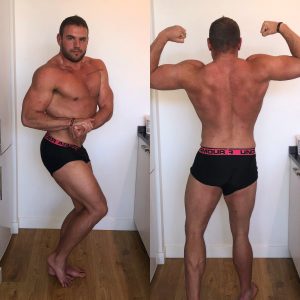 achieving something they claim is really important to that.
achieving something they claim is really important to that.
Because for me personally, the single best thing I have ever down for my body – and my business – is hiring coaches to help me get where I wanted to go, faster. And if I’m being completely honest, they probably helped me get further than I ever would have on my own.
There is no trophy for taking one or two or five years to accomplish on your own what you could accomplish in three or four or six months with someone helping you. Yes, part of the benefit of working with my coaches has been learning things I didn’t know. But a vast majority of the benefits have been accountability, speed of implementation, keeping me focused on my ‘big rocks,’ and having someone to call me on my buillshit.
Simply put: Having skin in the game and hiring people to help me get where I wanted to go – who have done it themselves – is the best investment I have ever made in my life. Hands down. I wouldn’t be here without that.
(Shameless plug: Want that extra push, along with a personalized plan and elite accountability to help you get further, more shredded, or more jacked than you’ve ever been before? Apply here for a spot in my one-on-one coaching program)
Winning the Battle, And the War
Dieting is pretty simple in theory: Eat fewer calories, strength train, sleep well, and repeat daily until you reach your goal.
But in reality, it is a whole helluva lot tougher than that. It’s a mental battle. And the longer you’re dieting, the tougher and tougher that battle gets.
The key to winning that battle? Being prepared, and knowing what to expect…and also having someone who has your back along the way. So hopefully, with these 6 lessons, you’re now better prepared to win that battle, and ultimately, the diet war.
Want to know the 6 biggest mistakes people make when dieting? Then grab your free copy of the 6 Deadly Diet Sins.
